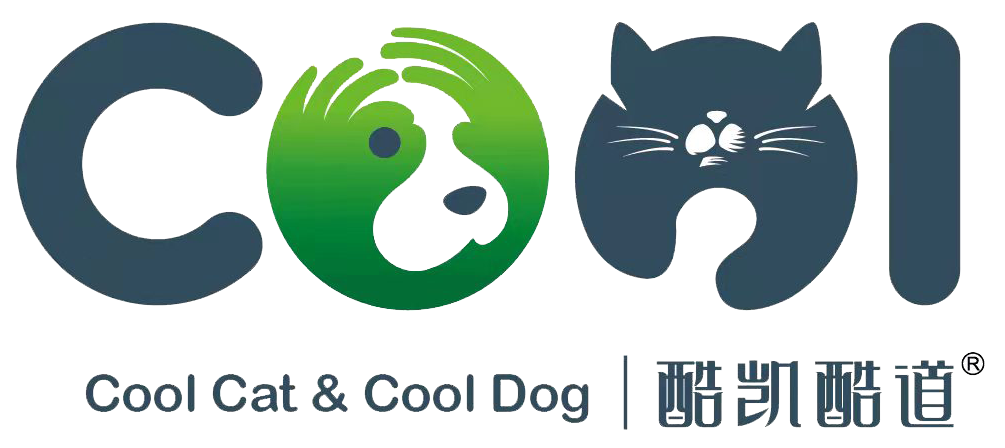Blog

pet protein needs
Protein is the cornerstone of animal nutrition. They are one of the most important nutrients in the diet and currently one of the most widely debated. The discussion about protein began during World War II when commercial dog food became more available and began to replace traditional diets of meat and meat by-products. At first, cheap leftover meat was placed in food with little regard for flavor or fashion. But as interest in health is linked to diet, a whole new generation of dog food has entered the market. These premium foods challenge the early days by promoting a product that is better than ever. This article will answer some questions about protein in your pet's diet.
Why do dogs and cats need protein? Proteins are essential for all aspects of growth and development, and are very important in structural composition and the immune system. Additionally, they are burned as calories that can be converted to fat storage. Dogs can synthesize taurine, so do not supplement it in food. That's why dogs can eat cat food, but cats can't eat dog food. Deficiencies in any amino acid can lead to health problems.
Protein requirements vary by species and vary widely in fast-growing stages and in older animals with damaged kidneys. I'll explain some special cases where protein levels need to be altered, but generally the following levels apply.
Pregnant and nursing dogs may need puppy food to give them the necessary protein. Sick, weak and debilitated animals also need extra protein. Animals with kidney disease may require a protein-restricted but biologically higher diet to mitigate the effects of kidney disease.
Can I feed too much protein?
Theoretically, if a healthy animal eats too much protein, some will be excreted in the urine, and the rest will just be used as calories, or converted into fat without causing any harm. But protein is the most expensive ingredient in food, so why go overboard?






